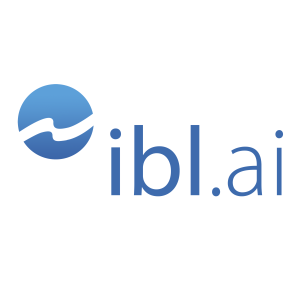
Thursday Apr 03, 2025
Nature: The Mental Health Implications of AI Adoption – The Crucial Role of Self-Efficacy
Summary of https://www.nature.com/articles/s41599-024-04018-w
Investigates how the increasing use of artificial intelligence in organizations affects employee mental health, specifically job stress and burnout. The study of South Korean professionals revealed that AI adoption indirectly increases burnout by first elevating job stress.
Importantly, the research found that employees with higher self-efficacy in learning AI experience less job stress related to AI implementation. The findings underscore the need for organizations to manage job stress and foster AI learning confidence to support employee well-being during technological change. Ultimately, this work highlights the complex relationship between AI integration and its psychological impact on the workforce.
- AI adoption in organizations does not directly lead to employee burnout. Instead, its impact is indirect, operating through the mediating role of job stress. AI adoption significantly increases job stress, which in turn increases burnout.
- Self-efficacy in AI learning plays a crucial role in moderating the relationship between AI adoption and job stress. Employees with higher self-efficacy in their ability to learn AI experience a weaker positive relationship between AI adoption and job stress. This means that confidence in learning AI can buffer against the stress induced by AI adoption.
- The findings emphasize the importance of a human-centric approach to AI adoption in the workplace. Organizations need to proactively address the potential negative impact of AI adoption on employee well-being by implementing strategies to manage job stress and foster self-efficacy in AI learning.
- Investing in AI training and development programs is essential for enhancing employees' self-efficacy in AI learning. By boosting their confidence in understanding and utilizing AI technologies, organizations can mitigate the negative effects of AI adoption on employee stress and burnout.
- This study contributes to the existing literature by providing empirical evidence for the indirect impact of AI adoption on burnout through job stress and the moderating role of self-efficacy in AI learning, utilizing the Job Demands-Resources (JD-R) model and Social Cognitive Theory (SCT) as theoretical frameworks. This enhances the understanding of the psychological mechanisms involved in the relationship between AI adoption and employee mental health.
No comments yet. Be the first to say something!